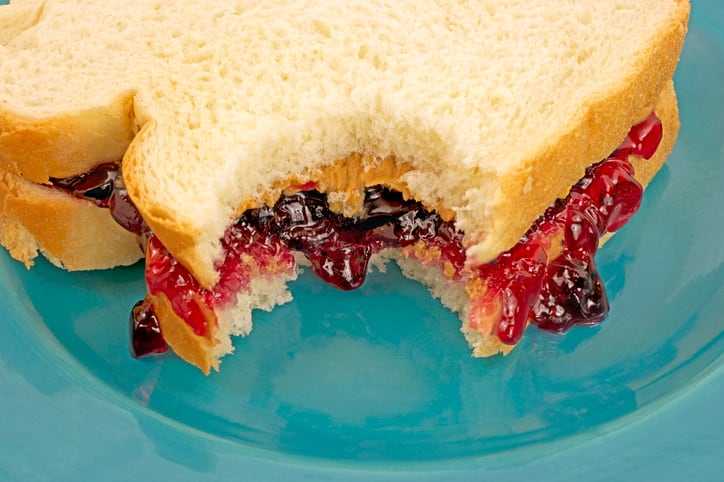This week, the three companies announced their intention to phase out FD&C colors from their products over the next several years in response, they say, to “evolving consumer preferences,” with no mention of pressure from legislators or regulators.
Several states have passed and proposed legislation banning within their borders the sale of food and beverages with select synthetic dyes, and HHS Secretary Robert F Kennedy Jr has made removing artificial dyes from the US food system a cornerstone of his Make America Healthy Again initiative – although he has not taken official action, choosing instead to rely on an “understanding” with the industry.
Following a closed-door meeting in March with select CPG leaders, Kennedy said the food industry had agreed to remove from their products select synthetic dyes, including Red 40, Yellow 5 and 6, Blue 1 and 2 and Green 3.
The extent of that agreement – and its veracity have been questioned by at least one former FDA leader and other stakeholders.
The list of CPG companies phasing out artificial dyes continues to grow
But slowly, more CPG companies are formally announcing their intention to phase out synthetic dyes from foods and beverages they sell in the US.
Among those are peanut butter and jelly-maker JM Smucker Co, which yesterday committed to removing FD&C colors from “all consumer food products by the end of the calendar year 2027” and from products available in schools by the 2026/2027 academic year.
The shift will primarily impact the company’s sugar-free fruit spreads, ice cream toppings and products under its Hostess portfolio, with which it has struggled since acquiring in late 2023 although leadership remains bullish.
“Our commitment to remove FD&C colors from our sugar-free fruit spreads, ice cream toppings, and sweet baked goods products represents the latest example of our desire to evolve and our ability to continue to innovate to deliver on the expectations of our consumers. Importantly, this work is ongoing, and we are consistently evaluating consumer behavior to ensure we are addressing any notable changes while maintaining our commitment to offer choice,” CEO Mark Smucker said in a statement.
Smucker’s sentiment echoed that of Nestlé USA CEO Marty Thompson who announced the day before that the division would fully eliminate FD&C colors in its US food and beverage portfolio by mid-2026.
“Consumers enjoy a wide variety of foods and beverages as part of their daily diet. They want choice and value shaped by a dynamic – and highly personal – combination of nutrition, quality, price and convenience,” Thompson said in a statement. “Whether it’s an easy and nutritious family meal, an occasional snack, or a satisfying cup of coffee, we are always looking for different ways to offer great tasting, compelling choices for our consumers. As their diverse dietary preferences and nutritional needs evolve, we evolve with them.”
The same day, Conagra Brands announced by the end of 2025 it would remove FD&C colors from its US frozen product portfolio, which includes Birds Eye, Healthy Choice, Marie Callender’s and more, as part of its “multi-year journey to innovate and modernize products to meet evolving consumer trends.”
The company added it would remove FD&C colors from products sold in K-12 schools by the beginning of the 2026-27 academic year and is “is working to discontinue the use of FD&C colors” across its US portfolio by the end of 2027.
The flurry of announcements comes a week after Kraft Heinz and General Mills made similar commitments.


